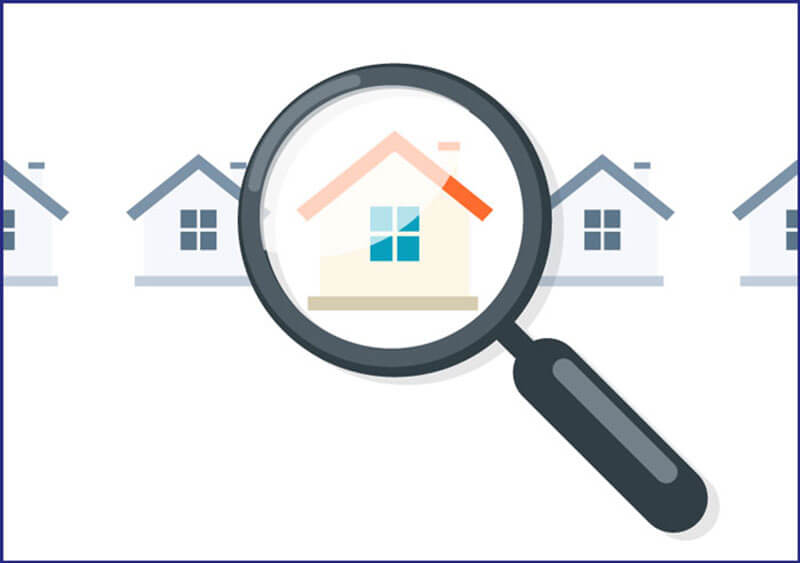
Home appraisals: 7 commonly asked questions
When we work with first-time homebuyers, they understandably have a lot of questions, especially once they’re ready to make an offer. There are often misperceptions surrounding home appraisals and inspections and how they fit into the loan process. We’re here to clear up any confusion by answering the seven most frequently asked questions about house appraisals and home inspection terms, starting with what’s the difference between the two.
-
1) Is there a difference between an appraisal and a home inspection?
While your realtor should have a good sense of what a property is worth, it’s the job of a home appraiser to evaluate the property in order to conduct a comprehensive home appraisal. On the other hand, a home inspection is done to educate the buyer about a home’s condition and determine if any repairs are needed. According to Realtor.com, “the appraiser is primarily focused on the value of the home whereas the inspector keys in on the home’s condition with an eye toward both existing and potential future problems.” There are two other main differences:
- The home appraisal report is a required part of the mortgage loan process, and essential for buyers and sellers.
- Inspections are generally not required when using a mortgage loan to buy a house. However, FHA borrowers are strongly encouraged by the Federal Housing Administration in writing to have a home inspection.
-
2) What comes first, the appraisal or home inspection?
The lender orders the home appraisal during the mortgage process. As the home buyer, you can arrange a home inspection at any time, either before, after or simultaneously with the home appraisal. Discuss the options with your real estate agent and loan officer to determine the ideal timing for your situation.
-
3) What are the benefits of a home appraisal?
Certified appraisers provide an objective, unbiased assessment of a property’s fair market value. Buyers can be confident that a home’s sale price is reasonable. Also, sellers get credit for improvements and upgrades, as well as the land’s value. For both parties, it provides an objective home appraisal assessment that’s fair and impartial.
-
4) How is a house appraisal done?
The Home Buying Institute’s guide states that while there’s no standard home appraisal process, they are primarily based on comparable homes in the area. Otherwise known as “comps,” comparable homes are similar in size, style and features to the house that is being appraised.
A licensed or certified appraiser will also do a walk-through of the property, sketching and taking photos, looking for safety code violations and anything that can alter a home’s value. The home appraisal report includes details on a home’s general condition and a review of the surrounding area. Since housing markets fluctuate, appraisers rely on local home sales within the last six months. Location, structural upgrades, size, and amenities are other key factors considered. The report is then sent directly to the lender; as a buyer, you can request a copy of it for your records.
-
5) How long does an appraisal take?
While the assessment itself may only take a few hours, there are many other factors involved, making it difficult to establish a typical turnaround time. A shortage of qualified appraisers and a busy market can mean a longer wait. Note that lenders are required to provide the house appraisal at least three days before your closing.
-
6) How much does a home appraisal cost?
Depending on your property type and location, the cost of a home appraisal will vary. When the lender orders it, the buyer is ultimately responsible for the cost. This expense is typically part of the closing costs that a buyer pays in connection with purchasing a home.
-
7) What are my options if the home appraisal comes in low?
Unfortunately, there are times when your dream home doesn’t appraise at the sales price. This can happen for a variety of reasons such as overpricing by the seller or a shortage of comparable sales in the area. The finance experts at Balance recommend not panicking if the house appraisal comes in low. As a buyer, you have options, such as making up the difference in cash or negotiating a lower price.
Sources
Appraisal vs Inspection: What’s the Difference? – Realtor.com
Is a Home Appraisal Always Required During the Purchase Process? – The Home Buying Institute
Home Appraisals: 4 Questions Before You Buy – Realtor.com
How to Deal With a Low Appraisal – The Balance
Who Does A Home Appraiser Work For, Anyway? – Realtor.com
